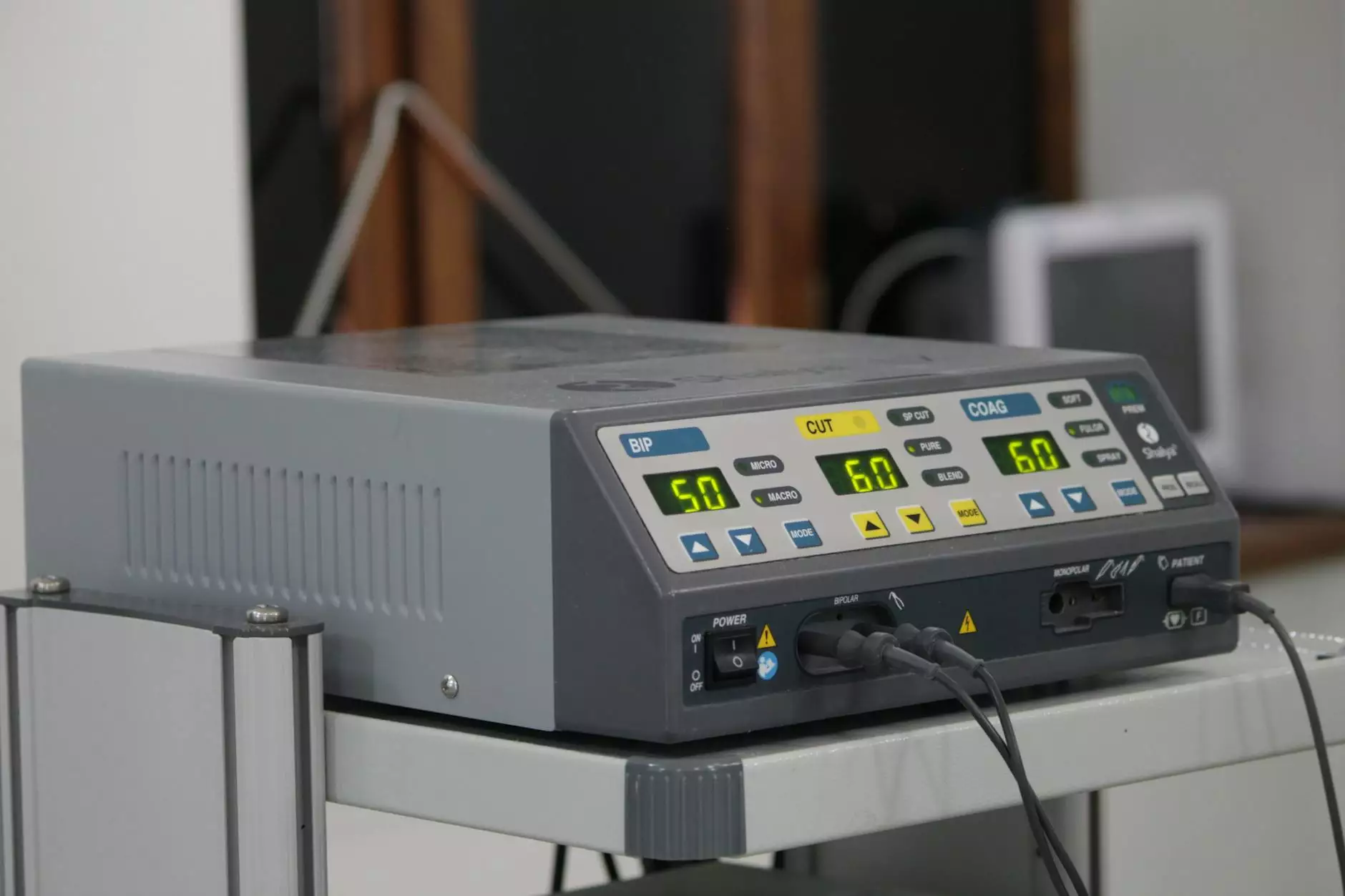The Essential Role of the Transmission Control Unit (TCU) in Modern Vehicles

The Transmission Control Unit (TCU) is an integral component in today's automotive technology, representing a significant evolution in how vehicles manage power delivery and shifts in transmission. Understanding its functionalities and benefits is crucial for any vehicle owner or enthusiast.
What Is a Transmission Control Unit (TCU)?
The Transmission Control Unit (TCU) is a critical electronic component in automatic transmissions. It controls various aspects of the transmission operation, such as gear shifting, fluid pressure, and torque converter locking. It utilizes a series of sensors and actuators to optimize performance, improving overall vehicle efficiency and driver experience.
Key Functions of the Transmission Control Unit (TCU)
The TCU serves several key functions:
- Monitoring Sensor Inputs: The TCU receives inputs from multiple sensors, including speed sensors, throttle position sensors, and engine load sensors. This data helps the TCU make informed decisions about when and how to shift gears.
- Controlling Shifts: Based on the data collected, the TCU decides the optimal timing for gear shifts, ensuring that the vehicle operates smoothly under various driving conditions.
- Adapting to Driver Behavior: Modern TCUs have adaptive learning capabilities, which means they can learn and adapt to a driver’s shifting style, optimizing performance over time.
- Communicating with Other ECUs: The TCU interacts with other electronic control units (ECUs) in the vehicle, such as the engine control unit (ECU), to coordinate the overall performance of the vehicle.
- Checking Diagnostic Codes: The TCU can output diagnostic information if there are issues within the transmission system, making it easier for mechanics and technicians to troubleshoot problems.
Benefits of a Well-Functioning Transmission Control Unit (TCU)
A properly functioning Transmission Control Unit (TCU) offers several benefits:
- Improved Fuel Efficiency: An efficient TCU ensures optimal gear shifting, which can significantly improve a vehicle’s fuel consumption.
- Smoother Shifting: With accurate control over shifting patterns, TCUs contribute to a more comfortable driving experience, eliminating harsh or unexpected shifts.
- Longer Lifespan of Transmission: By ensuring that shifts occur at the right time and in the right manner, a TCU can help extend the life of the transmission and related components.
- Enhanced Performance: For those who value performance, a TCU that adapts to driving conditions enables superior acceleration and responsiveness.
- Fewer Mechanical Issues: With built-in diagnostics, a well-functioning TCU can detect and alert drivers to potential issues before they become major problems. This proactive approach can save money and time on repairs.
Common Issues Related to Transmission Control Units (TCU)
Despite their robust design, Transmission Control Units can encounter several issues:
- Software Failures: Sometimes, software malfunctions can lead to erratic shifting patterns or transmission errors.
- Sensor Failures: A failed input sensor can mislead the TCU, leading to improper gear shifting.
- Connectivity Problems: Issues with wiring or connectors can interrupt the signals sent to and from the TCU.
- Fluid Contamination: Contaminated transmission fluid can affect TCU performance, leading to overheating and shifting problems.
How to Maintain Your TCU for Optimal Performance
To ensure the longevity and efficiency of your Transmission Control Unit (TCU), consider the following maintenance tips:
- Regular Fluid Checks: Ensure that your transmission fluid is clean and at the proper level. Contaminated or low fluid can affect the TCU's operation.
- Diagnostic Scans: Regularly performing diagnostic checks can help identify potential issues with the TCU before they escalate.
- Software Updates: Keep up with any software updates provided by the manufacturer, as these can improve TCU functionality and fix known bugs.
- Professional Inspections: Have a professional mechanic inspect your transmission and TCU during regular service intervals.
The Future of Transmission Control Units (TCU)
The future of the Transmission Control Unit (TCU) is bright as technology continues to advance. Innovations such as:
- Artificial Intelligence: Future TCUs may incorporate AI to enhance adaptive learning capabilities beyond what is currently possible.
- Vehicle-to-Vehicle Communication: The integration of TCUs with vehicle-to-vehicle (V2V) communication could enhance safety and efficiency on the road.
- Electric and Hybrid Vehicles: As electric and hybrid vehicles become more prevalent, TCUs will need to adapt to control new types of drivetrains and energy management systems.
Conclusion
In conclusion, the Transmission Control Unit (TCU) plays a pivotal role in modern automobile technology. Understanding its functionality, benefits, common issues, and maintenance can significantly enhance your driving experience and vehicle performance. For automotive enthusiasts and everyday drivers alike, recognizing the importance of the TCU is vital for maintaining a vehicle that operates smoothly and efficiently.
At Shenghai Auto Parts, we offer a wide range of automotive parts and supplies, including high-quality replacement TCUs for various vehicle makes and models. Ensure your vehicle performs at its best by choosing premium parts from trusted sources. Explore our selection today and benefit from the expertise and quality that Shenghai Auto Parts provides in the automotive industry.
Contact Us
If you have any questions or need assistance with your Transmission Control Unit (TCU) or other auto parts, feel free to contact us. Our dedicated team is here to help you find the right parts for your vehicle and answer any inquiries you may have.
transmission control unit tcu








